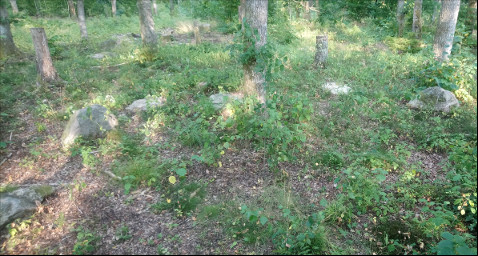A friend made me aware that Dr Michael S. Heiser passed away on February 20 of this year (2023). He was associated with the Logos project and wrote prolifically entertaining articles on his own blog to raise interest in bible study in the ancient languages. I was unaware of his scholarly work on The Council of El as mentioned in Psalm 82. It is a very important topic, so I will try to summarize his findings and give my own perspective on it in purple text so that it’s easy to tell our ideas apart.
Psalm 82 begins: (Psalm by Asaph)
אלהים נצב בעדת–אל בקרב אלהים ישׁפט
Elohim stands in council(/church) of El; among Elohim he judges.
ὁ θεὸς ἔστη ἐν συναγωγῇ θεῶν, ἐν μέσῳ δὲ θεοὺς διακρίνει.
Heiser explains that we can be sure the first instance of Elohim is singular since the verb is grammatically singular, and that the second instance is plural (among the gods) because you can’t be “among” a single person.
To me this is an interesting psalm because the word for council corresponds to the Syriac word for church, as used in the NT Peshitta, and because I have noted that churches as judges’ rings (that I wrote about previously) tend to be located in the same places (on a sandy hill, ca 100 m from a creek or a lake). Indeed, “church” has etymological connections to words for rings. Could this psalm be an example of democracy mentioned in the Old Testament and what is the connexion between democracy and theocracy?
I would like to note that this verse supports the idea expressed by St Paul in 1 Corinthians 5:12 that members of a church typically should judge other members of that church but not persons who are outside the church.

